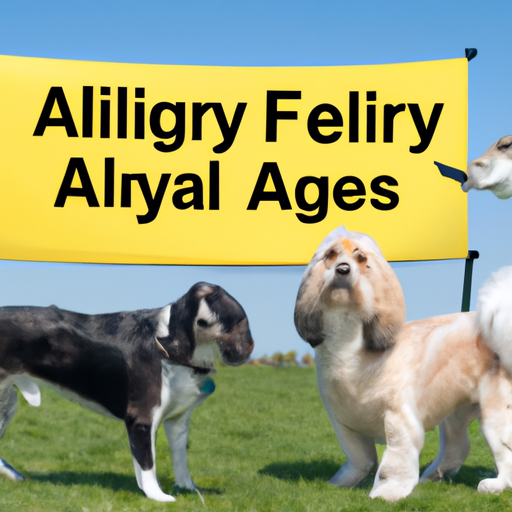If you’re a dog lover but suffer from allergies, don’t fret. There’s a solution, and it’s known as ‘anti-allergic dogs’. This article will provide you with everything you need to know about these special breeds.
Hypoallergenic Dogs: What Are They?
‘Hypoallergenic dogs’ is a term used to describe dog breeds that are less likely to provoke an allergic reaction. While no dog is 100% hypoallergenic, some breeds produce fewer allergens, making them an ideal choice for allergy sufferers.
How Do Dogs Cause Allergies?
When you have a dog allergy, your immune system responds to certain proteins found in dog saliva, urine, and dander (dead skin flakes). While all dogs produce these allergens, some breeds produce fewer allergens than others.
Top 8 Hypoallergenic Dog Breeds
Here’s a list of some of the most popular hypoallergenic dog breeds:
- Poodle: Their curly hair effectively traps dander, reducing allergens in the environment.
- Bichon Frise: They have a double coat that helps to reduce dander.
- Schnauzer: Their tight, wiry fur and minimal shedding help to keep allergens at bay.
- Shih Tzu: Despite their long hair, Shih Tzus are known to be hypoallergenic due to their low dander production.
- Maltese: Their silky hair doesn’t shed much, which can help to reduce allergens.
- Portuguese Water Dog: Known for their curly coat, these dogs are hypoallergenic and were even chosen by former President Obama due to family allergies.
- Basenji: Known as the “barkless dog,” these dogs also shed very little, reducing the amount of dander in the home.
- Irish Water Spaniel: This breed has a water-resistant coat that helps to reduce allergen dispersion.
Caring for Hypoallergenic Dogs
Even though these breeds are known for being hypoallergenic, they still require specific care to minimize allergens:
- Regular grooming: This helps to control dander and shedding.
- Regular bathing: To remove allergens from their coat.
- Clean their living area: Regular cleaning of their bed and toys can reduce allergens.
Testing Your Allergies
Before bringing a hypoallergenic dog into your home, it’s crucial to test your allergies. Spend time with the breed you’re considering, and monitor your reactions.
Can Hypoallergenic Dogs Cure Allergies?
While hypoallergenic dogs can greatly reduce allergic reactions, they are not a guaranteed cure. It’s always important to consult your allergist before making the decision to get a dog if you have allergies.
FAQ
Q1: Can I be allergic to hypoallergenic dogs?
A: Yes, it’s possible. Even hypoallergenic dogs produce allergens, just in smaller amounts.
Q2: Which dog breeds are the most hypoallergenic?
A: Breeds like Poodles, Bichon Frise, and Schnauzers are considered among the most hypoallergenic.
Q3: How can I reduce allergens in my home?
A: Regularly grooming and bathing your dog, and cleaning their living area can help reduce allergens.
Q4: Can children with allergies have hypoallergenic dogs?
A: Yes, but it’s always best to consult with an allergist first.
Q5: Do hypoallergenic dogs require special care?
A: While they don’t require special care, regular grooming and cleaning can help manage allergens.
Remember, even with a hypoallergenic dog, it’s essential to manage your allergies proactively. Consult with your allergist regularly and ensure that your home is kept as allergen-free as possible.



